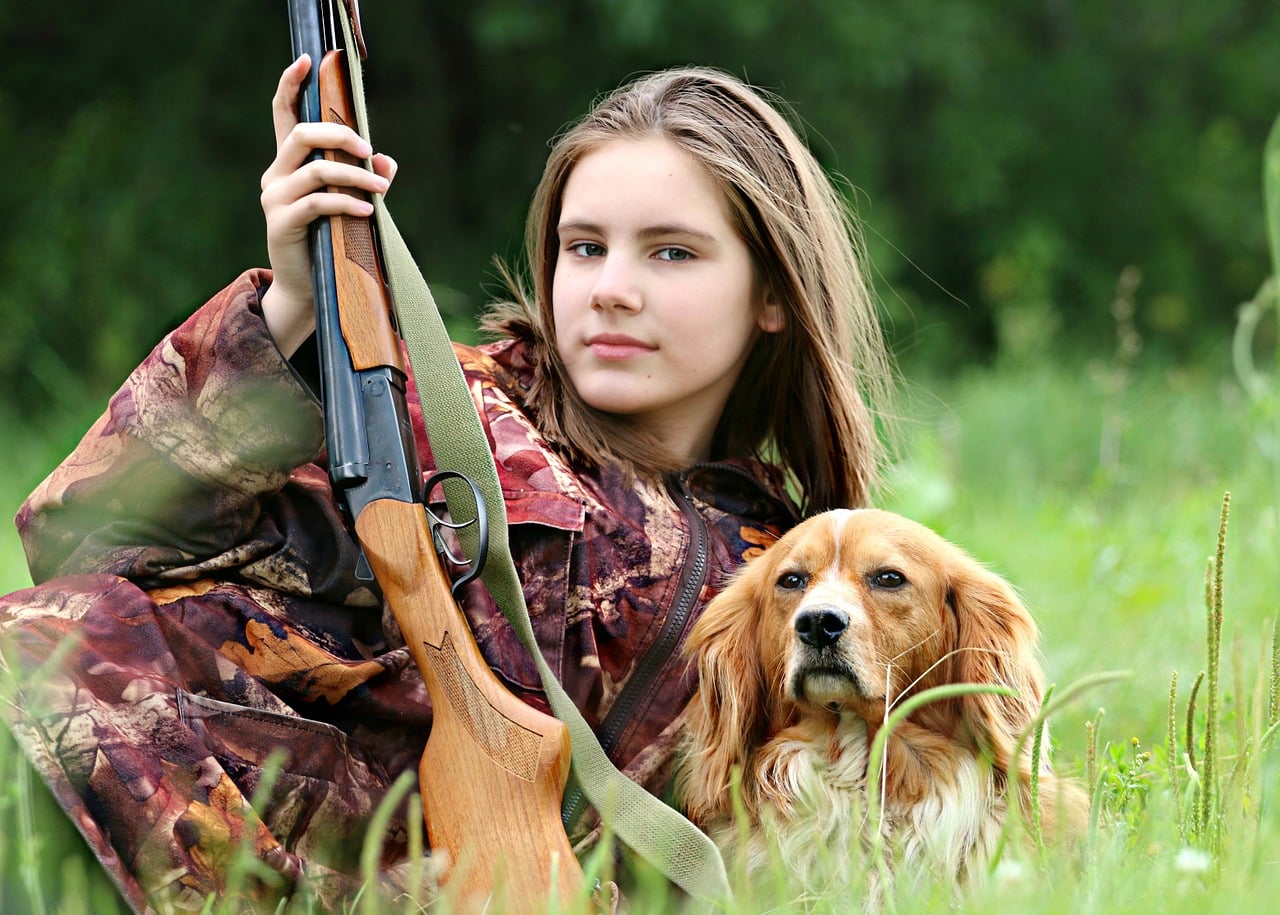New Zealand Gun Laws Targeted By Prime Minister
In the wake of the mass shooting on Friday, March 15th that left 49 people dead in Christchurch, New Zealand, the Prime Minister is speaking out regarding the current laws the country has regarding gun control. In a statement on Saturday Prime Minister Jacinda Ardern said “The offender was in possession of a gun license. I am advised this was acquired in November of 2017.”
She pointed out that Benton Tarrant had acquire his gun license in November of 2017, and legally began purchasing weapons in December of the same year. Highlighting the fact that Tarrant was legally able to purchase the weapons she said “our gun laws have to change.”
Mass Shootings Very Rare in New Zealand
According to a report from CNN, up until Friday the worst attack in New Zealand had come nearly 30 years prior. In the wake of that incident, where a man named David Gray slaughtered 13 people, the New Zealand gun laws came under fire. The laws were first passed in 1983, but the debate stemming from Gray’s actions led to a 1992 amendment.
New Zealand Gun Laws Currently Resemble The U.S.
The amendment regulated the purchase and sale of military style semi-automatic weapons. In spite of this regulation, New Zealand gun laws are not as stringent as its neighbors, including Australia. While firearms owners are required to be licensed, they are not required to register each weapon they own. This makes New Zealand more closely resemble the U.S. than its surrounding neighbors in terms of gun laws and firearms enforcement.
In spite of the fact that authorities can only speculate as to the exact number of legally owned weapons in New Zealand (current estimates are 1.2 million, or 1 weapon for every 3 people in the country), fatal shootings are fairly rare in the country. According to a report from the University of Sydney, which states that in spite of New Zealand having lax gun laws the country experienced only 0.17 shooting homicides per 100,000 people in 2015 when. This is a stark contrast to the United States, where there were approximately 11 shootings per 100,000 people in the same time period.
This statement is offset by Ian Overton, the author of “Gun Baby Gun,” when he says “People may cite that as many as one in three New Zealanders will be gun owners based on this, but this would be wrong. Gun owners often have multiple weapons, so it is likely that it is a smaller group of rural gun owners holding the most guns there. The presence of so many guns, though, in a small nation raises challenges when it comes to over-burdening a police force with regulation.”
Professor Phillip Alpers, of the University of Sydney told CNN that in spite of legislation being recommended to limit the sale of certain types of weapons and to ban completely privately owned machine guns that nothing is being done. “Not one of these measures has been addressed by legislation. Government has since considered a range of similar recommendations, but special interest groups prevent meaningful change.” Alpers favors stricter New Zealand gun laws, saying it will help reduce the risk of homicide.
New Zealand Police Increasing Support For Weapons
TVNZ reports that a survey conducted in 2017 shows that 66% of New Zealand police officers like the idea of being armed on the job. This number is up from 48% in 2008. No doubt recent world events have bolstered support for advocates of arming officers, although they may also prompt more responses calling for stricter New Zealand gun laws. In the wake of many mass shootings and terrorist attacks around the world, weapons are a necessary evil for those who protect ordinary citizens.
New Zealand Gun Laws Have Not Inflated Homicide Rate
In spite of the fact that critics have said New Zealand gun laws are too lax, the country has a very low homicide rate. In fact, the country only experienced 35 homicides in 2017. That is 14 less than took place in Friday’s incident in Christchurch.
Are stricter gun laws the answer? Prime Minister Adern seems to think so.




